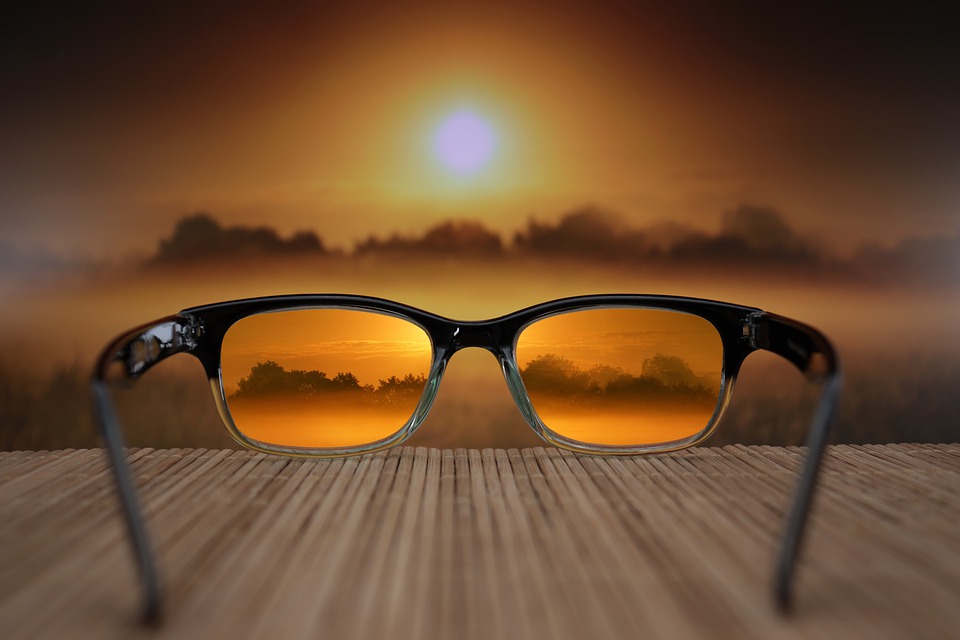30/12/2022
The eye is like a photography camera where the cornea and the crystalline lens (“camera lens”) focus light rays on the retina (“photography film”). Good vision depends on how well the light rays that go inside your eye focus on the retina. An emmetropic (normal) eye can focus images correctly on the retina without the need of glasses. If the optics of the eye differ from the emmetropic eye, for example when the shape of the cornea is not perfect or the eye is longer or shorter than normal, then we talk about refractive errors. There are 4 types of refractive errors:
- Myopia (nearsightedness) is a refraction issue whereby objects in the distance focus in front of the retina. This makes close objects appear sharp, but objects in the distance appear blurred. It usually happens when the eye is too long, the cornea is too curved, or the crystalline lens is too powerful.
- In hypermetropia (farsightedness) you can see distant objects clearly, but close objects appear blurred. The eye is usually shorter than an emmetropic eye or the cornea is too flat. Therefore, images are focused behind the retina and can only focus on it thanks to the crystalline lens accommodation process (“focus”) at young ages.
- Astigmatism is a refractive defect whereby the horizontal and vertical rays of light have different points of focus on the retina. The cornea, crystalline lens, of both are shaped irregularly so that images are not focused sharply on the retina and the objects appear blurred at any distance. It can be associated with both myopia or hyperopia.
- Presbyopia (aging eye). During childhood until the age of 40-50, the crystalline lens may make up for some refractive defects and focus the images on the retina. As a natural aging process, the crystalline lens loses its elasticity and the ability to change focus and the need for glasses increases, especially for near.
A consultation with an ophthalmologist is the best way to understand what kind of refractive error one might be experiencing and the best way forward. Also, regular check ups are always recommended to make sure that the condition can be brought under control before the refractive error becomes more severe.
At Barraquer Eye Hospital we have our highly experienced experts who can assess your condition and a lot more to make sure you always have a happy vision.
Dr. Borja Salvador Culla - Consultant Ophthalmologist at Barraquer Eye Hospital, UAE
